TikTok Tourism Backlash: Amsterdam Residents File Lawsuit Over Snack Bar Crowds
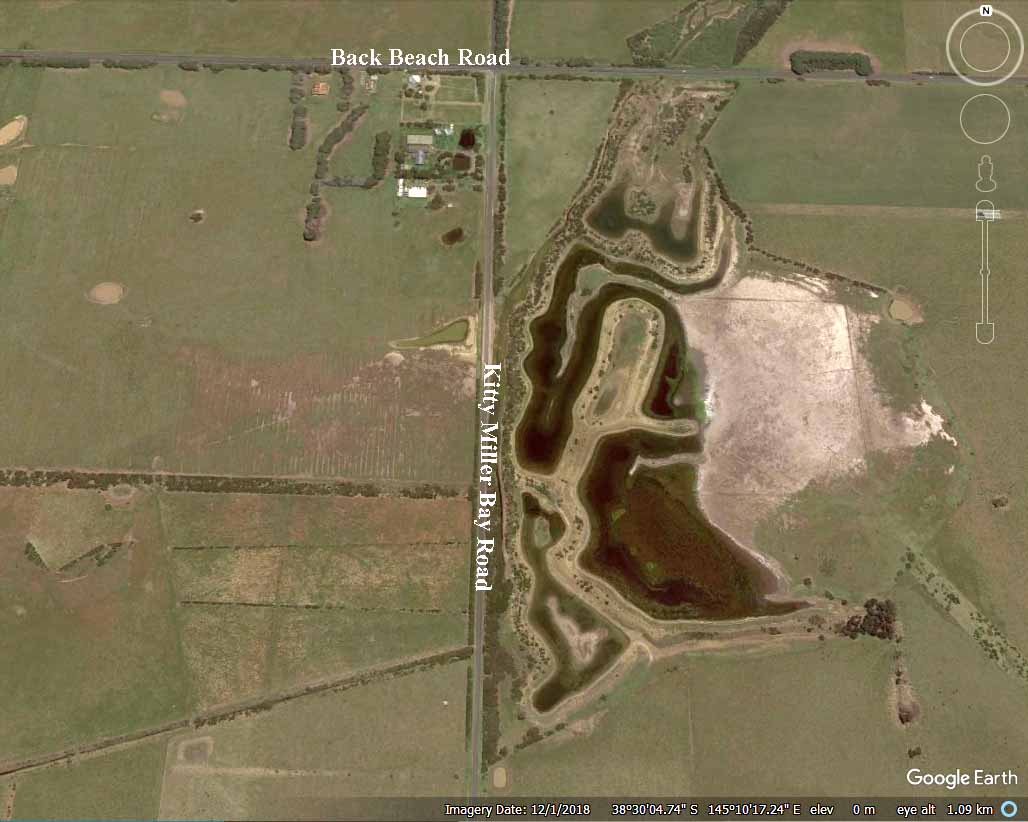
Table of Contents
The Lawsuit: Details and Demands
A group of Amsterdam residents recently filed a lawsuit against several unnamed snack bar owners and the city council. Their central claim revolves around the unbearable disruption caused by the surge in tourists flocking to these establishments, largely fueled by viral TikTok videos showcasing the snack bars' unique offerings. The residents argue the city council has failed to adequately manage the influx of tourists resulting from these social media trends.
Their grievances include:
- Excessive noise and disruption: Late-night noise pollution, disruptive crowds congregating in residential areas, and general disturbances to peace and quiet.
- Overflowing waste and sanitation issues: An increase in litter, overflowing bins, and inadequate sanitation facilities struggling to cope with the surge in visitors. This has led to unsanitary conditions affecting both residents and tourists.
- Disruption to local businesses (not just snack bars): The sheer volume of tourists concentrated in specific areas has negatively impacted other local businesses, creating imbalances and potentially pushing out smaller, independent shops.
- Impact on quality of life for residents: The constant influx of tourists has severely impacted the quality of life for residents, restricting access to public spaces and creating a stressful living environment.
- Demand for stricter regulation of tourism: The residents are demanding stricter regulations on tourism, including measures to control crowds and mitigate the negative impacts of social media-driven tourism.
While specific snack bars haven't been publicly named, the lawsuit references several popular locations known for their presence on TikTok. The potential legal outcomes range from financial compensation for residents to the implementation of stricter regulations by the city council. The amount of compensation sought is yet to be disclosed publicly.
The Role of Social Media in Amplifying Tourism
Social media platforms, particularly TikTok, wield immense power in shaping travel trends. Viral videos, often showcasing picturesque locations or unique experiences, can rapidly attract a massive influx of tourists to specific spots. This phenomenon, often termed "viral tourism," can quickly overwhelm destinations ill-equipped to handle such sudden increases in visitor numbers.
This isn't unique to Amsterdam. Similar cases have emerged in other cities around the world, including Dubrovnik (overcrowding at its city walls), Cinque Terre (damage to fragile hiking trails), and many others. The rapid spread of information and visual appeal of TikTok videos make them particularly potent drivers of tourism.
The impact of social media on tourism presents a double-edged sword:
- Positive: Increased exposure for local businesses – providing opportunities for smaller businesses to reach a global audience.
- Negative: Overcrowding, strain on infrastructure, damage to the local environment, and erosion of the authentic cultural experience.
Amsterdam's Response to Over-Tourism
Amsterdam has already implemented several strategies to manage tourism, including encouraging visits to less crowded areas, promoting sustainable tourism practices, and investing in better infrastructure. However, the recent lawsuit highlights a need for more robust and proactive measures. The city is now considering new regulations, potentially including restrictions on filming in certain areas, designated tourist zones, and collaborations with social media platforms like TikTok to manage the flow of information and tourists.
Possible solutions being explored include:
- Improved infrastructure: Investing in better public transportation, waste management systems, and improved sanitation facilities to handle larger tourist volumes.
- More effective crowd control measures: Implementing systems for managing tourist flows, potentially including timed entry systems to popular attractions.
- Education campaigns for tourists: Educating tourists on responsible travel, encouraging them to respect local communities and the environment.
- Collaboration between platforms like TikTok and local governments: Working with platforms to develop guidelines for promoting destinations responsibly and mitigating the negative impact of viral trends.
Sustainable Tourism Practices: A Necessary Shift
Sustainable tourism is about balancing the benefits of tourism with the preservation of destinations' cultural heritage, environment, and quality of life for local residents. It necessitates a shift away from the current model of uncontrolled growth toward responsible practices that minimize negative impacts.
This requires a concerted effort from various stakeholders:
- Local governments: Implementing effective regulations and investing in sustainable infrastructure.
- Tourism businesses: Adopting eco-friendly practices and contributing to local communities.
- Tourists: Making conscious choices, respecting local cultures, and minimizing their environmental footprint.
Individuals can contribute to more responsible travel by choosing locally-owned businesses, reducing their waste, respecting local customs, and supporting sustainable initiatives.
Conclusion
The lawsuit filed by Amsterdam residents serves as a stark warning about the unchecked power of TikTok tourism. The case underscores the urgent need for a more sustainable approach to managing the impact of social media on travel, requiring collaborative efforts between platforms, governments, and tourists themselves. The negative consequences – from overcrowded snack bars to the deterioration of quality of life – highlight the necessity for proactive measures to manage the impact of viral trends and promote responsible travel.
Are you concerned about the negative impact of #TikTokTourism? Learn more about sustainable travel practices and help protect destinations from overtourism. Let’s work together to ensure responsible enjoyment of our global destinations, mitigating the negative impact of viral trends and promoting a more sustainable future for travel. #ResponsibleTravel #SustainableTourism #Overtourism

Featured Posts
-
 Woody Allen Sexual Assault Case Sean Penn Expresses Doubts
May 24, 2025
Woody Allen Sexual Assault Case Sean Penn Expresses Doubts
May 24, 2025 -
 Forbes 2025 La Nuova Classifica Degli Uomini Piu Ricchi Del Mondo
May 24, 2025
Forbes 2025 La Nuova Classifica Degli Uomini Piu Ricchi Del Mondo
May 24, 2025 -
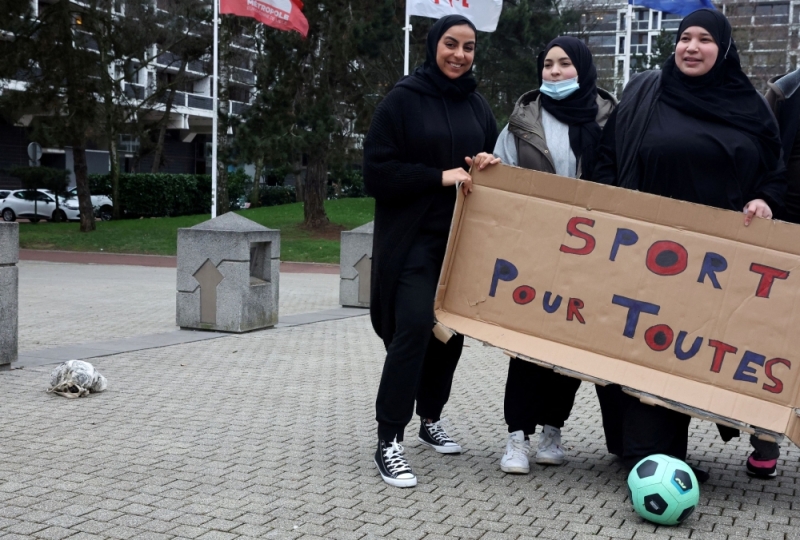 French Presidents Party Seeks Public Hijab Ban For Minors
May 24, 2025
French Presidents Party Seeks Public Hijab Ban For Minors
May 24, 2025 -
 Lauryn Goodmans Italy Move The Truth Behind The Kyle Walker Transfer Speculation
May 24, 2025
Lauryn Goodmans Italy Move The Truth Behind The Kyle Walker Transfer Speculation
May 24, 2025 -
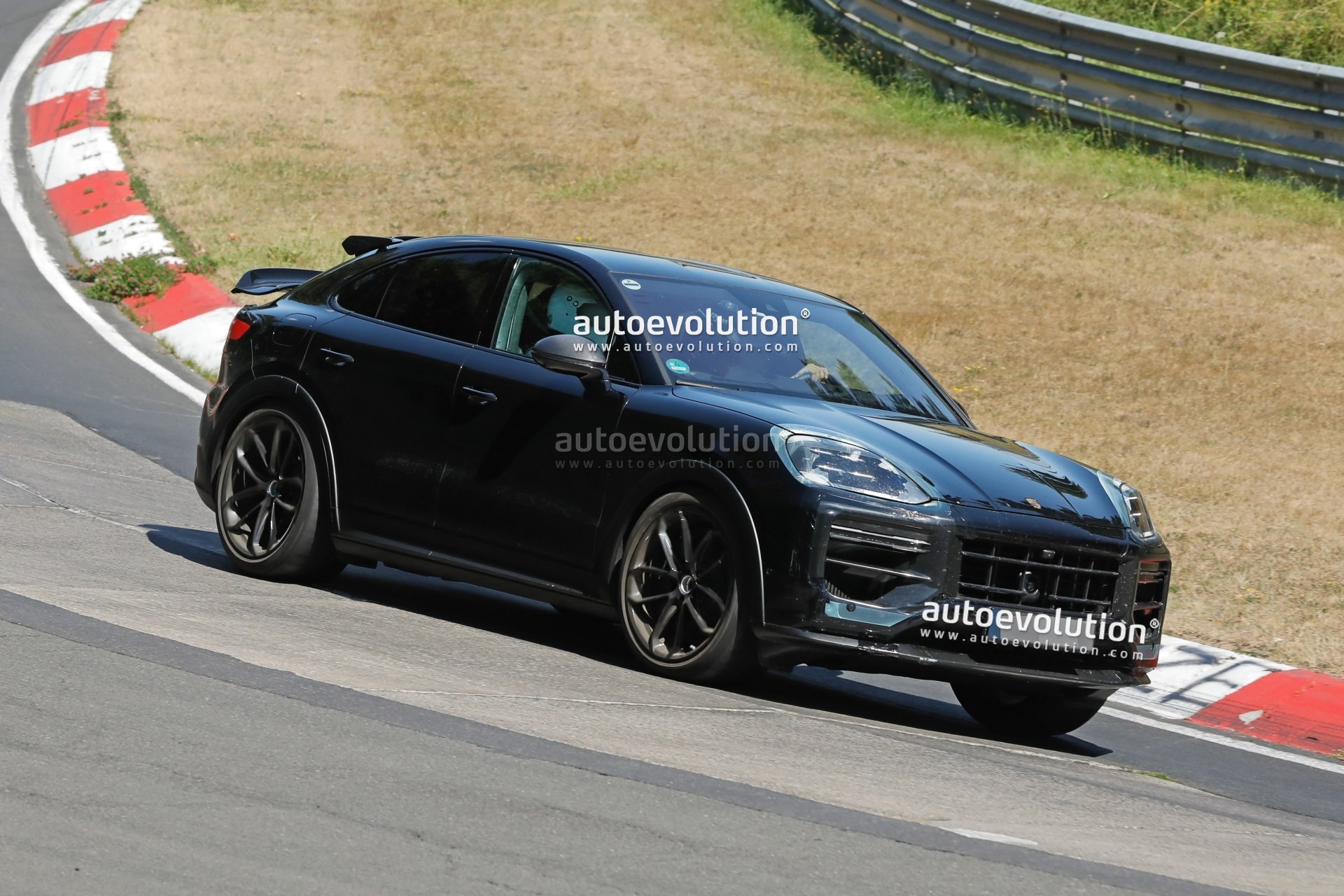 Porsche Cayenne Gts Coupe Warto Kupic Analiza I Podsumowanie
May 24, 2025
Porsche Cayenne Gts Coupe Warto Kupic Analiza I Podsumowanie
May 24, 2025
Latest Posts
-
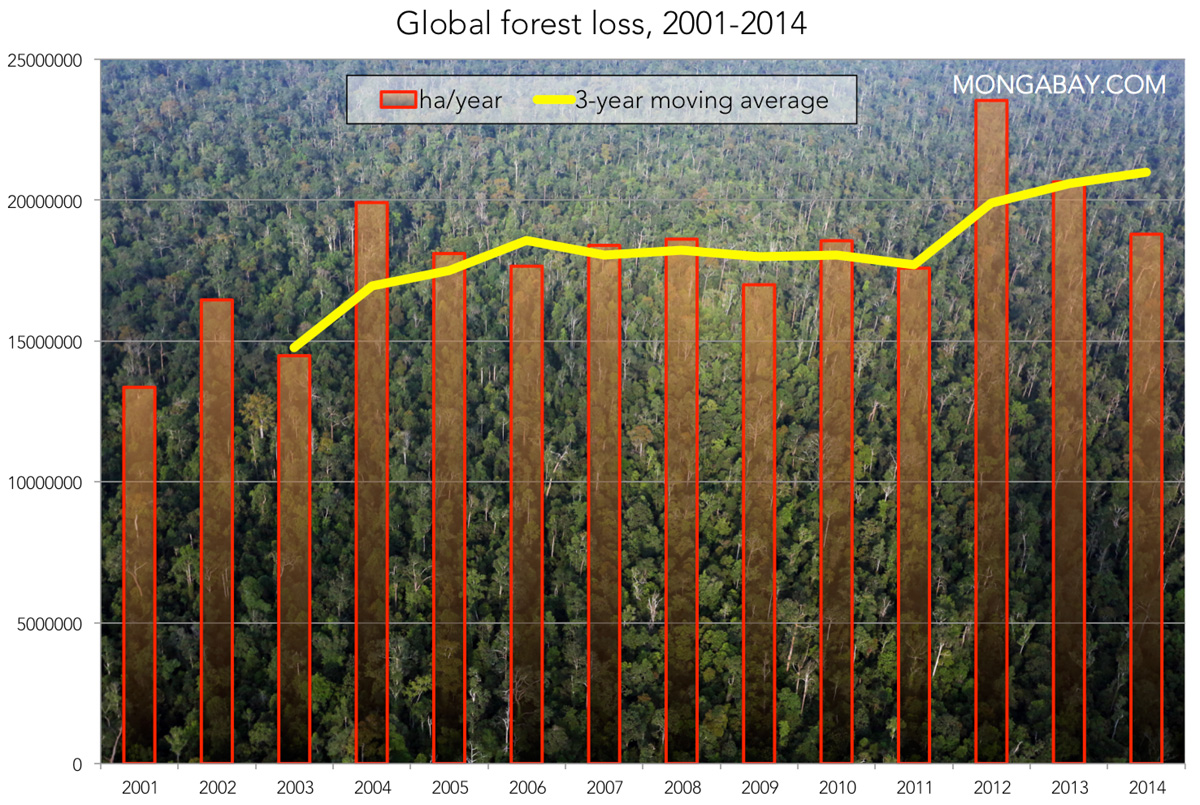 The Devastating Impact Of Wildfires Record High In Global Forest Loss
May 24, 2025
The Devastating Impact Of Wildfires Record High In Global Forest Loss
May 24, 2025 -
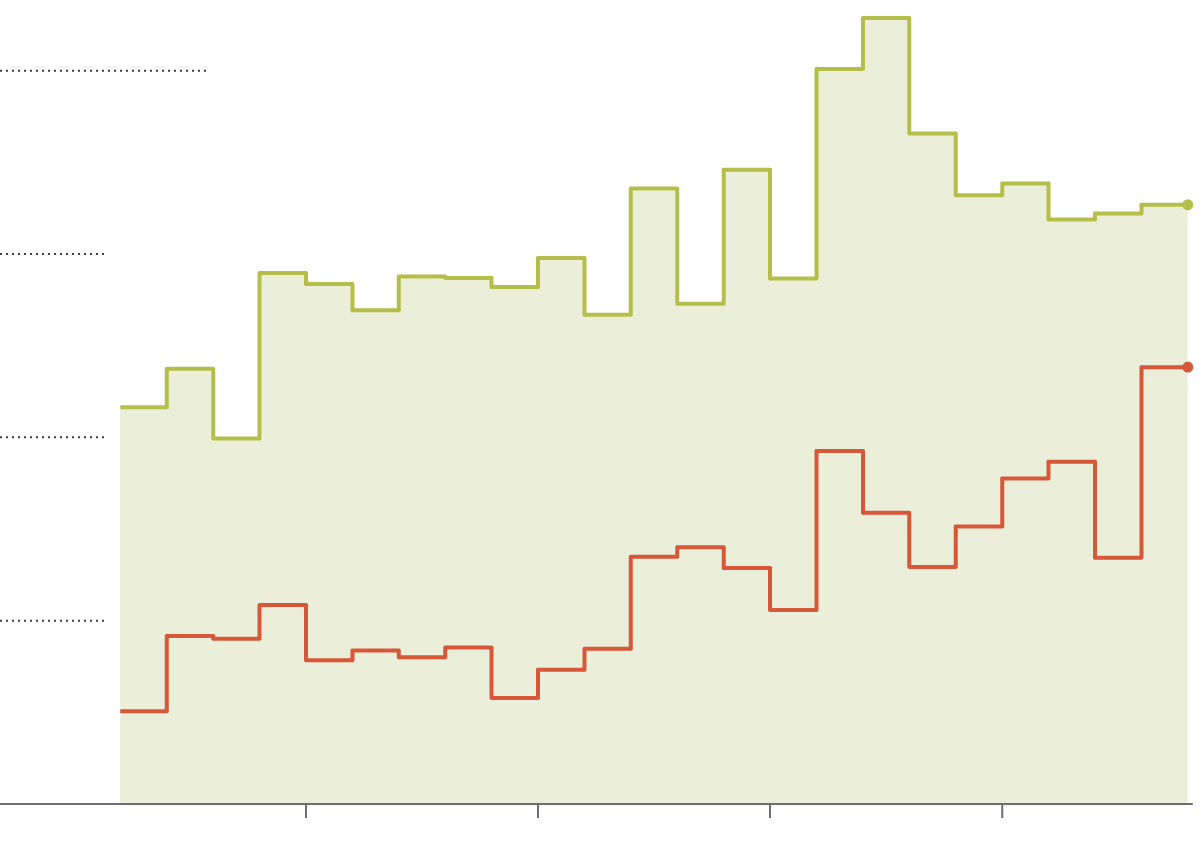 Wildfires Drive Record Breaking Global Forest Loss
May 24, 2025
Wildfires Drive Record Breaking Global Forest Loss
May 24, 2025 -
 Navigating The Complexities Of The Chinese Auto Market Case Studies Of Bmw And Porsche
May 24, 2025
Navigating The Complexities Of The Chinese Auto Market Case Studies Of Bmw And Porsche
May 24, 2025 -
 The China Market Slowdown Impact On Bmw Porsche And The Automotive Industry
May 24, 2025
The China Market Slowdown Impact On Bmw Porsche And The Automotive Industry
May 24, 2025 -
 The Growing Trend Of Betting On California Wildfires Los Angeles And Beyond
May 24, 2025
The Growing Trend Of Betting On California Wildfires Los Angeles And Beyond
May 24, 2025
